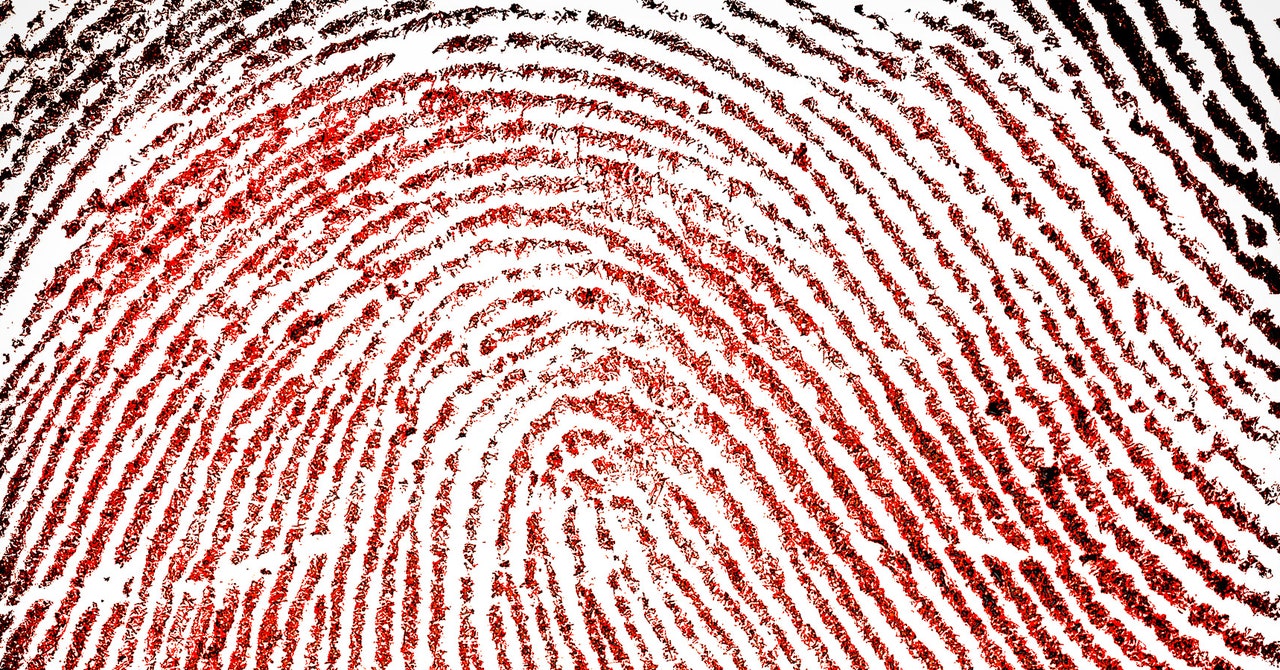Global Intelligence claims that, using only open source data—public information that doesn’t require a warrant—and a suite of more than 700 algorithms, its Cybercheck system allegedly can geolocate an individual in real time or at a specific time in the past by detecting the wireless networks and access points the person’s “cyber profile” has interacted with. The company’s founder, Adam Mosher, has testified under oath that the process is entirely automated, requiring no human intervention from the time an investigator enters basic details about a case into the Cybercheck portal until the time the system produces a report identifying a suspect and their location.
If the technology works as advertised, then Global Intelligence is selling police departments previously unknown surveillance capabilities for as little as $309 a case that rival the open source tools used by national spy agencies. But a WIRED review of investigations involving Cybercheck from California to New York, based on hundreds of pages of court filings, testimony, interviews, and police records, suggests Cybercheck is a much less effective tool—one that has provided evidence in high-profile cases that was either demonstrably incorrect or couldn’t be verified by any other means.
Archived at https://ghostarchive.org/archive/sXQ6m
The archive is of the “you’ve viewed your last complimentary article” page.
Well shoot, it loaded the article for me, but try this one instead - https://archive.is/ZXQXe



